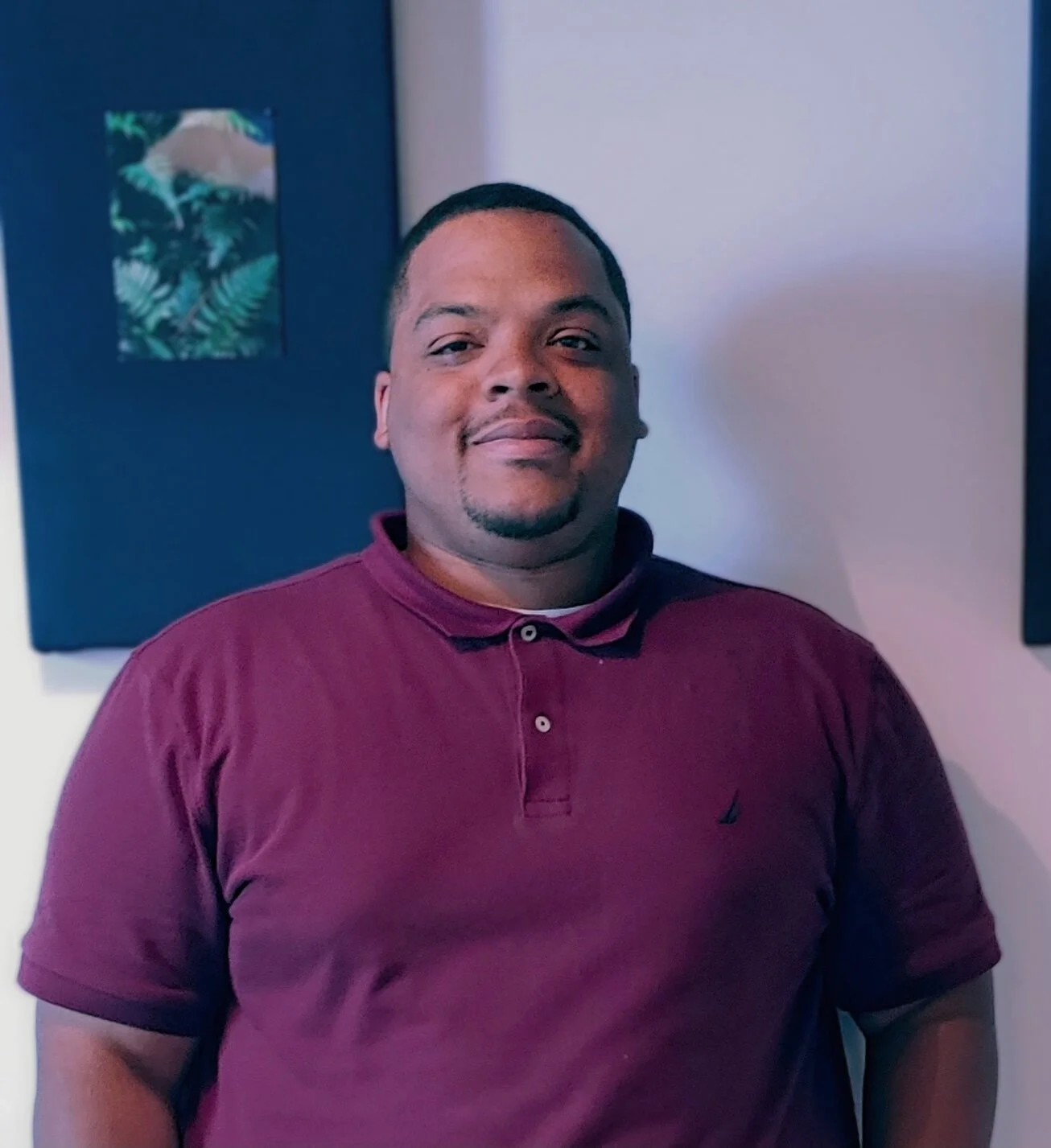Lately I’ve been hearing many of my clients say that they know how to cope with emotions like anger and anxiety most of the time, but occasionally these feelings are so strong that they can’t think clearly enough to follow through on the things that usually work for them. When anger, anxiety, and panic get too overwhelming, the part of our brain that problem solves and makes well informed choices doesn’t get as many of the resources it needs, making it harder to think clearly. Instead, the emotional parts of the brain get those resources and we might start to feel physical signs of these emotions like, sweating, shallow breathing, crying, and nausea among other things. We might even feel like we’re having a heart attack or dying. When this happens, we sometimes get desperate to escape these unpleasant feelings and make choices that down the line can be dangerous or make our situation worse. This is when we might self-harm, fight with someone we love, break things, or become aggressive. When this happens, we have to find ways to trick our brain in to realizing that we’re safe so the intensity of these emotions decreases enough for us to think clearly and cope effectively. The TIPP skill does this, and the best part about it is that it requires very little thinking and works super quickly.
Read More




